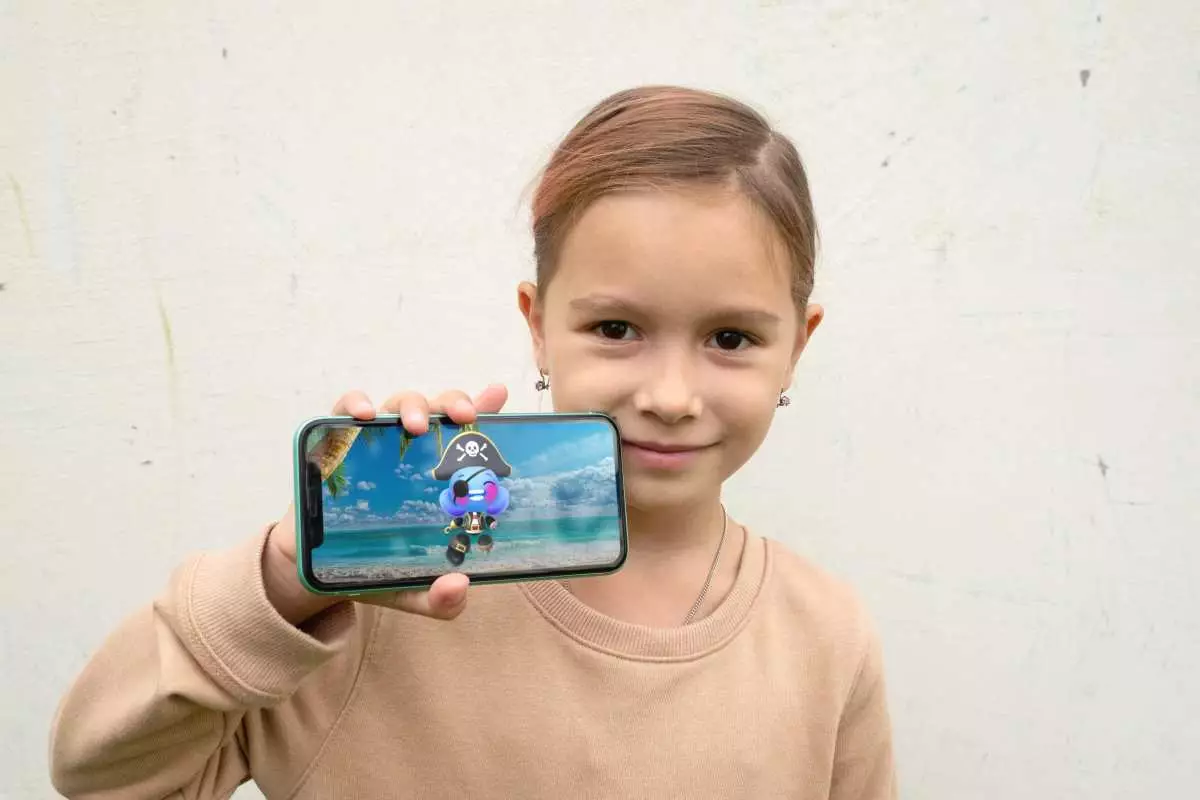In 2014, Ivan Crewkov embarked on a journey that would alter not only his life but also the landscape of language education technology. Moving his family from Serbia to the United States was not just a geographical shift; it was a strategic decision as he prepared to launch his startup, Cubic.AI, which specialized in a smart speaker. However, a single event—a week before their Kickstarter campaign—turned the tides against them when Amazon launched its Echo smart speaker. The surprise entry into the market left Cubic.AI stranded and resulted in the company being sold two years later, marking a significant setback for Crewkov.
Yet, this setback became a pivotal moment that inspired a new venture. In the process of acclimating his daughters to English-speaking schools, staff interaction, and online tutoring, Crewkov discovered a gap in the educational technology market. He noticed that his daughter’s tutor relied on scripted responses, leading him to realize that a different kind of teaching tool could harness artificial intelligence. This realization was the seed that eventually sprouted into his next startup, Buddy.ai.
Buddy.ai is a unique application designed to aid children in learning English as a second language. Unlike conventional tutors, Buddy.ai employs animated, conversational characters that make the learning process engaging and interactive. The company operates on a subscription model, allowing users to download the app and offer their children access to language learning experiences that feel more like play than schoolwork.
Michael’s focus on animated characters directly correlates to the cognitive and emotional learning needs of children. The visually engaging interface captivates young audiences, retaining their attention and prompting them to participate actively. This innovative approach not only appeals to kids but also leverages the growing trend of gamification in education, ensuring a fun and productive environment for learning.
Despite the initial excitement surrounding Buddy.ai, the road to developing this educational tool was fraught with challenges. Crewkov and his team were acutely aware that their product aimed at children, necessitating adherence to stringent regulations like the Children Online Privacy Act (COPA). This red tape complicated the product timeline significantly; what they originally estimated as a six-month development period transformed into a multi-year journey of research and refinement.
The intricacies of developing an AI capable of understanding children’s voices further complicated matters. Many children learning a new language do not yet possess fully developed language skills, often mispronouncing words or adopting unique accents influenced by their native languages. Crewkov relayed the challenges of collecting diverse language data while ensuring compliance with various regulations across countries. The commitment to an ethical, child-safe environment during product development showcased a deeper dedication to the educational purpose of the app.
Despite initial hurdles, Buddy.ai has achieved notable success; as of now, it has garnered over 55 million downloads and serves more than 22 million students worldwide. Recently, the company raised $11 million in seed funding, led by BITKRAFT Ventures and bolstered by contributions from One Way Ventures, J Ventures, and Point72 Ventures. Crewkov openly acknowledged that securing funding was a laborious process, involving conversations with 186 investors before closing the round.
However, the partnership with BITKRAFT proved fruitful, given their background in gaming, which aligns seamlessly with the Buddy.ai mission. Crewkov noted that children perceive Buddy as a game, enriching the learning experience by merging play with education. This distinctive engagement model not only attracts children but also encourages parents to endorse the app, substantiating the company’s commitment to revolutionizing language learning.
With the recent influx of capital, Buddy.ai is poised for substantial growth and innovation. Crewkov highlighted plans to enhance product development, including the recruitment of experts in game design and user experience. The aim is to advance the app’s technology and expand language offerings further, enhancing educational relationships with schools.
As Buddy.ai navigates its early development phases, it is also cognizant of the competitive landscape. Other companies focusing on AI-driven language learning, such as Univerbal and Loora, have also begun to gain traction. However, Buddy.ai’s targeted approach towards children’s education and an emphasis on interactive, enjoyable experiences sets it apart from the rest.
Crewkov envisions the future of education as a hybrid model combining traditional teaching with AI-driven tools. The essence of effective language learning, he asserts, lies in practice—consistent, engaging practice that helps children thrive. As the world embraces advanced technologies, it is ventures like Buddy.ai that signify a shift toward innovative, effective learning methodologies.

